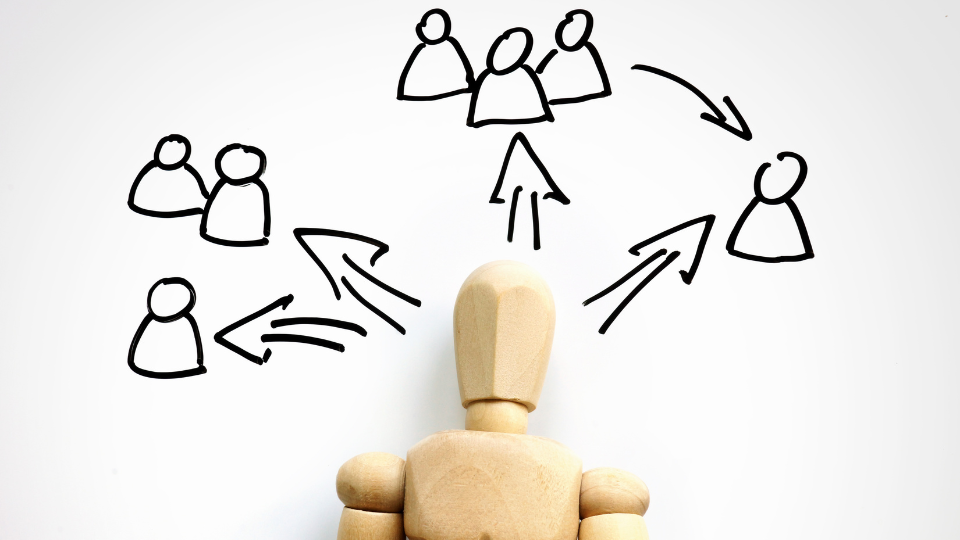In today’s fast-paced business environment, fostering a culture of continuous learning is crucial for organizational success. As an HR consultant, understanding the dynamics of creating and nurturing this culture is key. This article explores effective strategies to build a learning culture that aligns with business goals, enhances employee skills, and drives growth.
Understanding the Essence of a Learning Culture
A learning culture in an organization is more than just a buzzword; it’s a strategic approach that integrates learning into the very fabric of the company. In such cultures, continuous learning is encouraged and seen as essential for personal and professional growth. This environment fosters a mindset where employees constantly seek to improve their skills and knowledge, aligning their personal development with the organization’s objectives.
The key to a successful learning culture lies in its implementation. It requires shifting from traditional training methods to a more holistic approach encompassing various learning styles and preferences. By doing so, organizations can create a dynamic and engaging learning environment that supports the company’s goals and enhances employee satisfaction and retention.
The Importance of a Learning Culture
In today’s competitive business landscape, a learning culture is critical for success. Companies with a strong learning culture enjoy higher employee engagement, increased innovation, and better adaptability to change. This culture creates a skilled, motivated workforce committed to the company’s vision.
Moreover, a learning culture is crucial for attracting and retaining top talent. Modern employees, especially millennials and Gen Z, prioritize personal and professional development when choosing an employer. By fostering a culture that values continuous learning, companies can position themselves as attractive employers, attracting a more skilled and dedicated workforce.
Crafting a Learning Strategy
Developing a learning strategy is the first step towards establishing a continuous learning culture. This strategy should be tailored to meet the organization’s and its employees’ unique needs. It involves identifying the skills and knowledge gaps within the workforce and creating a structured plan to address these gaps through various learning initiatives.
A well-crafted learning strategy not only focuses on the organization’s current needs but also anticipates future skill requirements. It should be flexible enough to adapt to changing business environments and technological advancements. This proactive approach ensures that the workforce remains competent and competitive, driving the organization toward its long-term goals.
Leveraging Subject Matter Experts
Incorporating subject matter experts (SMEs) into the learning process is a powerful way to enhance the quality and relevance of training materials. SMEs bring in-depth knowledge and real-world experience, making the learning content more practical and applicable. Their involvement ensures the training aligns with the latest industry trends and best practices.
Moreover, SMEs can act as mentors and role models, inspiring employees to engage more deeply with the learning process. Their presence adds credibility to the learning initiatives and helps create a more interactive and engaging learning experience. Organizations can leverage their expertise to create a more robust and effective learning culture.
Fostering a Social Learning Environment
Social learning plays a crucial role in reinforcing a learning culture. It involves creating opportunities for employees to learn from each other through collaboration, discussion, and knowledge sharing. This can be facilitated through group projects, peer-to-peer learning sessions, or online forums and communities.
Encouraging a social learning environment helps build employees’ sense of community and belonging. It allows them to learn from diverse perspectives and experiences, enriching their understanding and skills. Social learning also fosters a collaborative spirit, enhancing teamwork and communication within the organization.
Conclusions
In summary, the role of HR consultants in fostering a culture of continuous learning is indispensable in today’s ever-evolving business landscape. Their expertise in identifying learning needs, crafting tailored strategies, and leveraging the latest educational tools and methodologies positions them as key catalysts for organizational growth and success. By prioritizing a learning culture, HR consultants not only enhance the workforce’s skill set but also contribute to creating a dynamic, innovative, and adaptable organization.
Ready to embrace the power of continuous learning in your organization? Klique’s expert HR consulting services are here to guide you every step of the way. From developing impactful learning strategies to fostering a culture of growth and innovation, our team is dedicated to unlocking your organization’s full potential. Take advantage of the opportunity to transform your workplace with continuous learning!
References:







